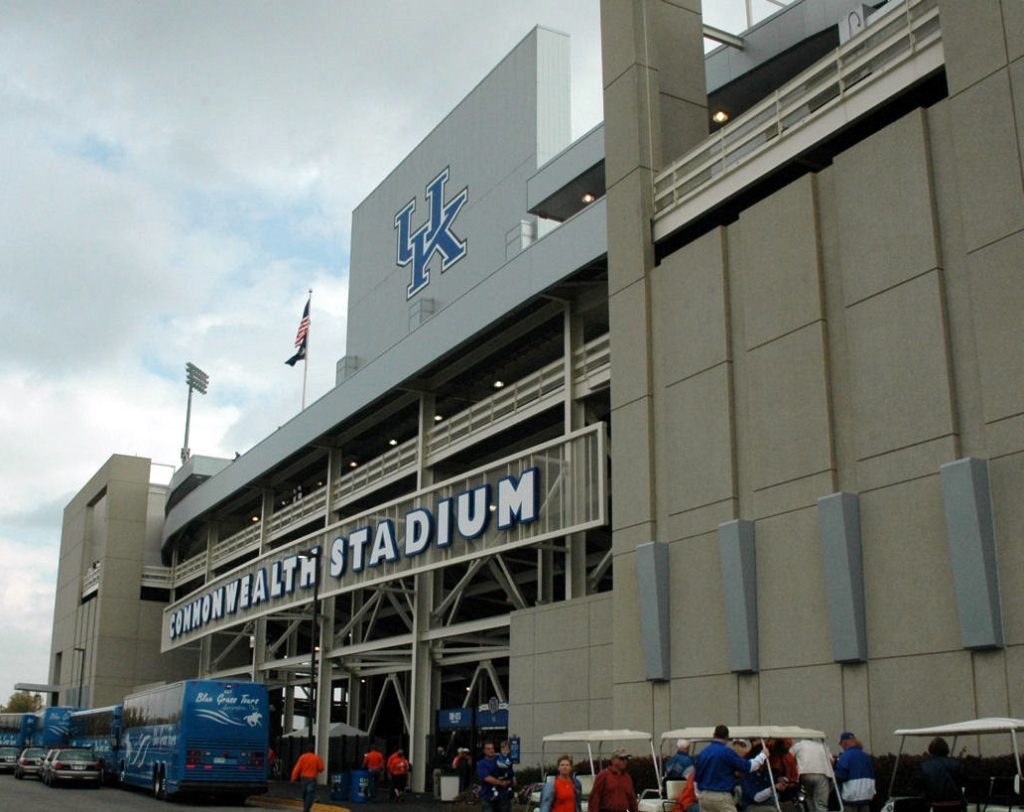Suppression of a Different Kind

Twitter is going nuts this morning about this story:
Fewer than 200 polling places will be open for voters in Kentucky’s primary Tuesday, down from 3,700 in a typical election year. Amid a huge influx in requests for mail-in ballots, some voters still had not received theirs days before they must be turned in. And turnout is expected to be higher than in past primaries because of a suddenly competitive fight for the Democratic Senate nomination.
The scenario has voting rights advocates and some local elections officials worried that the state is careening toward a messy day marked by long lines and frustrated voters — similar to the scenes that have played out repeatedly this spring as the novel coronavirus pandemic has disrupted the 2020 primaries.
Because of a shortage of workers willing to staff voting sites during the health crisis, each of the commonwealth’s 120 counties is opening a very limited number of polling locations. The two largest counties will have just one in-person location each.
So, to explain…
- The Kentucky state government has been extremely aggressive about COVID-19 response, and the structure of this election is part of that.
- A month ago, it appeared that there would be no statewide races of note for the Kentucky Democratic primary; Amy McGrath appeared to be well ahead of Charles Booker, and the Presidential primary ended some time ago.
- Over the last month the nature of the Booker-McGrath race has changed, with Booker surging and making up a lot of ground. Some polls now put him ahead of McGrath.
- The decisions made about holding the election, however, were made when the race appeared to be over. The priority in that context was suppression of COVID-19, not suppression of the vote.
- The Kentucky state government has been *extremely* aggressive about expanding access to mail-in ballots, with outreach on virtually ever possible media platform.
- In Jefferson County (Louisville) early voting has been open at the polling place for a week.
And so we have a situation in which the state, in an effort to reduce COVID transmission, made decisions that now look like efforts at voter suppression. And a lot of folks who are (reasonably and correctly) primed to be on the watch for voter suppression are reading the Washington Post and concluding that Kentucky is about to hold a rigged election.
It is a complicated world that we live in, and things are rarely all of one or all of the other. But in this case, I can say with utter confidence that the design of Kentucky’s primary election on Tuesday (apart from more substantial structures that act as voter suppressants) is 100% about COVID, and 0% about helping Amy McGrath, Charles Booker, or any of the very few other candidates running in faintly competitive races anywhere in the state. The structure will probably, on balance, end up helping McGrath, who had a big lead when many of the early votes were cast, but it is not at all obvious that the Beshear administration would have preferred that outcome even if they had been inclined to put a thumb on the scale; McGrath is not particularly popular in the upper reaches of the Kentucky Democratic Party. Moreover, the McGrath campaign has sued in order to open up more spots in Jefferson County, suggesting that there is no consensus about the actual impact of the voting plan.
Long story short, local conditions are important. This would seem to be an appropriate place to add that you should subscribe to your local newspaper, in order to ensure that good journalism continues to happen.
